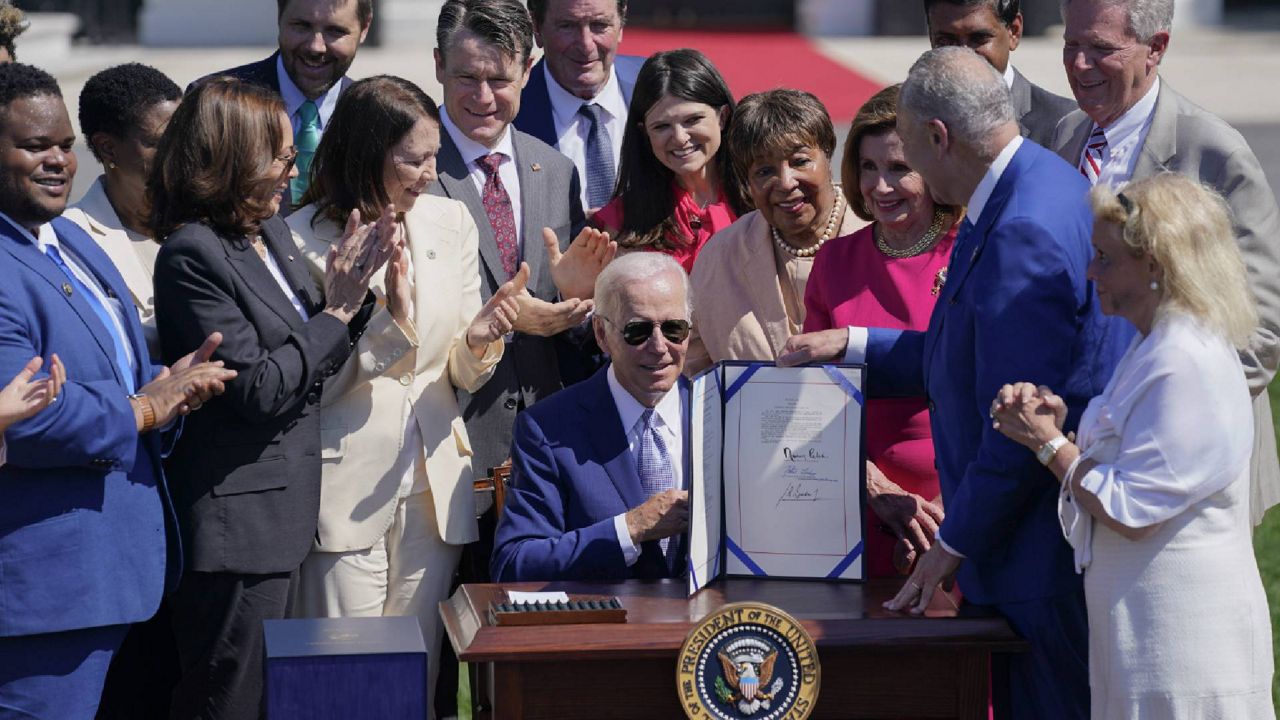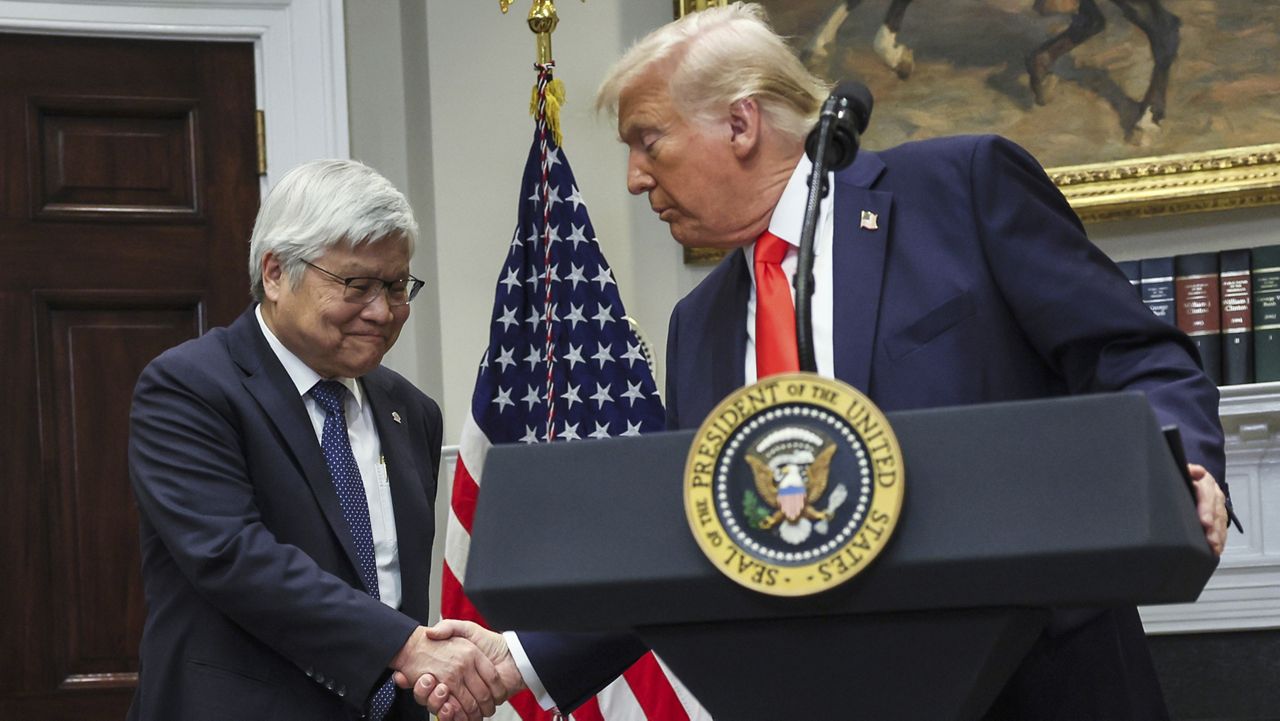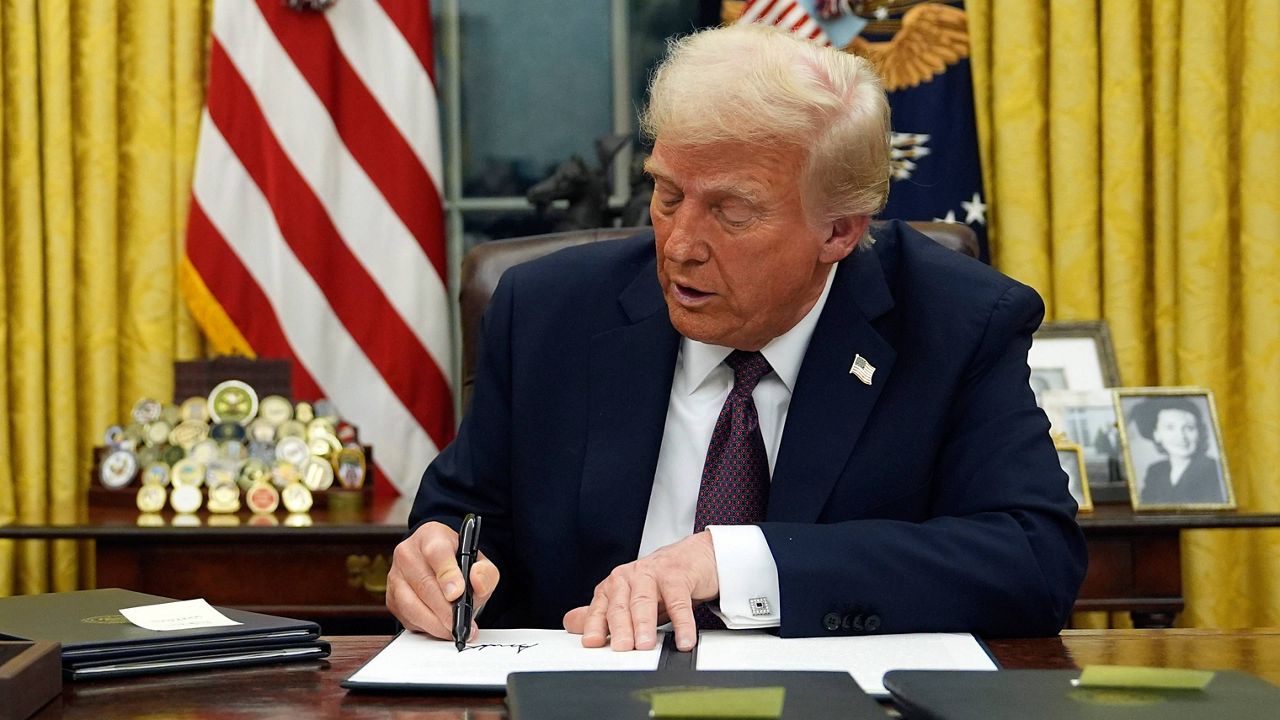President Joe Biden on Thursday signed an executive order to start spending funding, approved by Congress earlier this month, aimed at boosting domestic semiconductor manufacturing.
What You Need To Know
- President Joe Biden on Thursday signed an executive order to start spending funding, approved by Congress earlier this month, aimed at boosting domestic semiconductor manufacturing
- The $280 billion program, known as the CHIPS and Science Act, includes $52.7 billion in subsidies for semiconductor production, along with a 25% tax incentive for investments in domestic chip investments worth roughly $24 billion
- The Biden administration says the law will create high-paying jobs, ease supply-chain disruptions, bolster national security and increase competitiveness with China
- Biden’s executive order includes the creation of the interagency CHIPS Implementation Steering Council and sets six priorities for implementing funding
The $280 billion program, known as the CHIPS and Science Act, includes $52.7 billion in subsidies for semiconductor production, along with a 25% tax incentive for investments in domestic chip investments worth roughly $24 billion.
The Biden administration says the law will create high-paying jobs, ease supply-chain disruptions, bolster national security and increase competitiveness with China.
"I promise you, we're leading the world again for the next decades," Biden said when he signed the bill into law Aug. 9.
The White House said Thursday the Commerce Department is “committed to deploying funding as swiftly as possible, while also ensuring the time needed to perform necessary due diligence.”
Biden’s executive order includes the creation of the interagency CHIPS Implementation Steering Council, which will be co-chaired by National Economic Council Director Brian Deese, national security adviser Jake Sullivan and acting Director of the Office of Science and Technology Policy Alondra Nelson.
Biden’s order sets six priorities for implementing funding:
Protecting taxpayer dollars through a rigorous application review process.
Meeting economic and national security needs by increasing domestic capacity to reduce reliance on foreign production.
Ensuring long-term U.S. leadership in the sector by creating a network for semiconductor research and innovation.
Strengthening and expanding regional manufacturing and innovation clusters.
Spurring private sector investment by filling market gaps to reduce investment risk for others.
Creating benefits for startups, workers, socially and economically disadvantaged businesses — including minority-owned, veteran-owned and women-owned businesses — rural businesses and others.
In addition, the Commerce Department launched Thursday a website, CHIPS.gov, which the Biden administration says will be a central resource for all information related to the implementation of the program.
Ryan Chatelain - Digital Media Producer
Ryan Chatelain is a national news digital content producer for Spectrum News and is based in New York City. He has previously covered both news and sports for WFAN Sports Radio, CBS New York, Newsday, amNewYork and The Courier in his home state of Louisiana.









